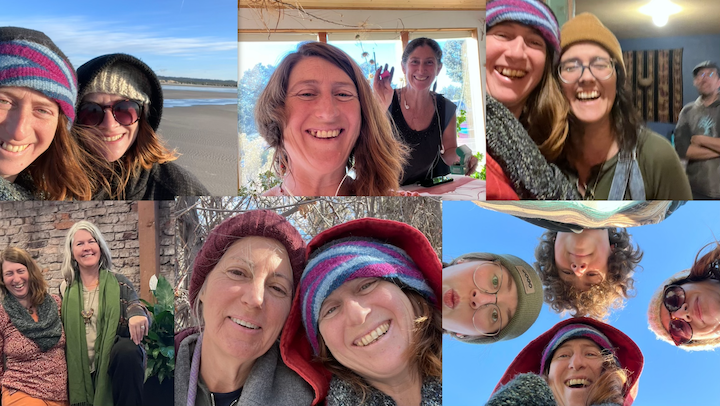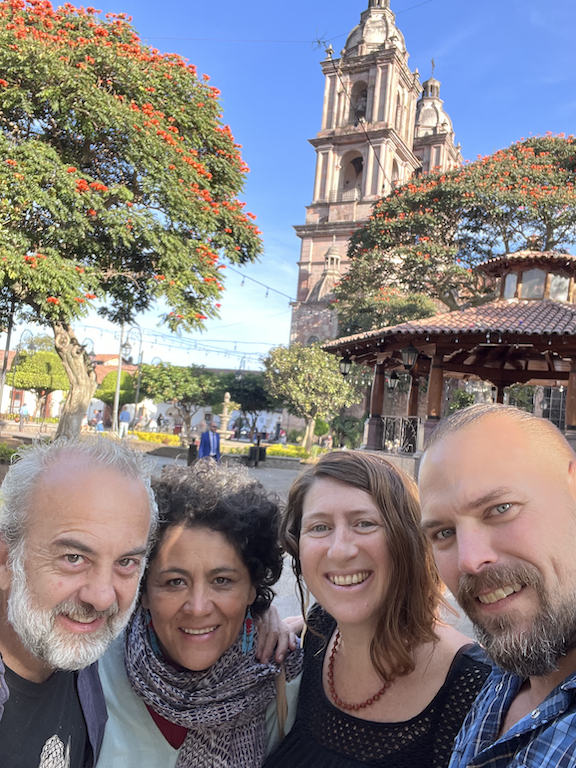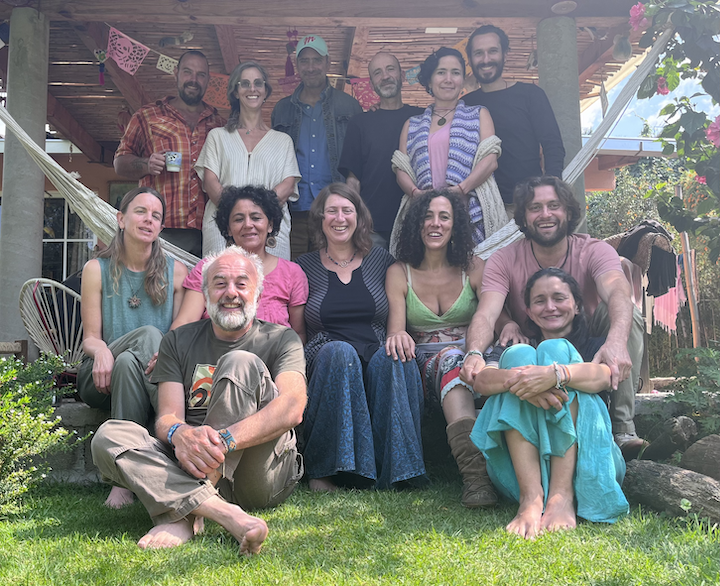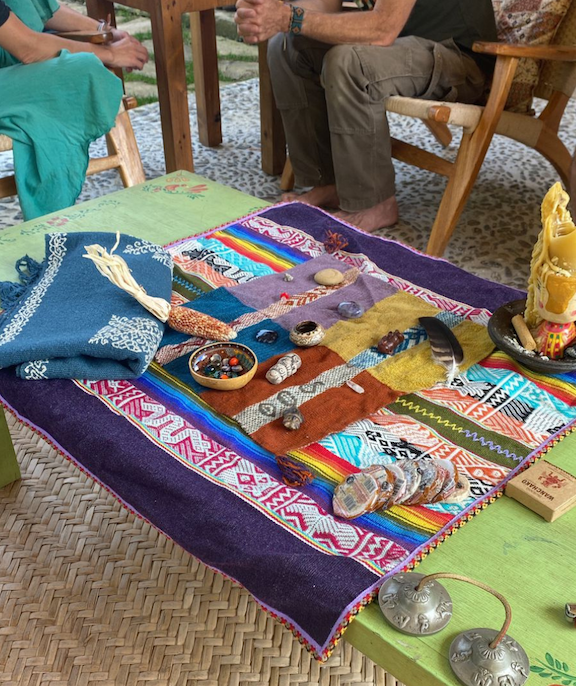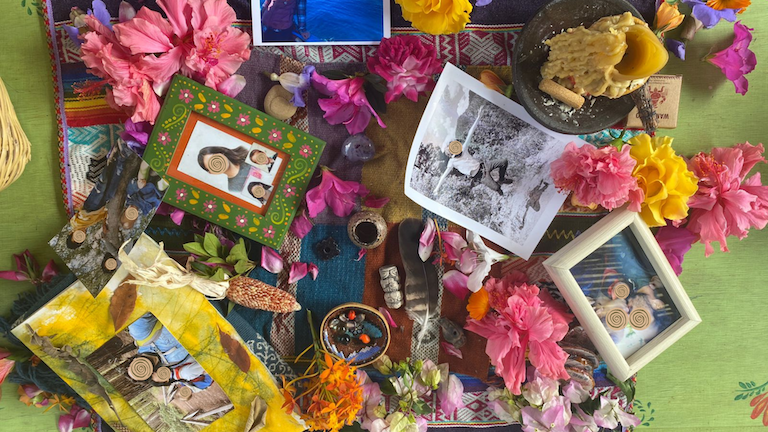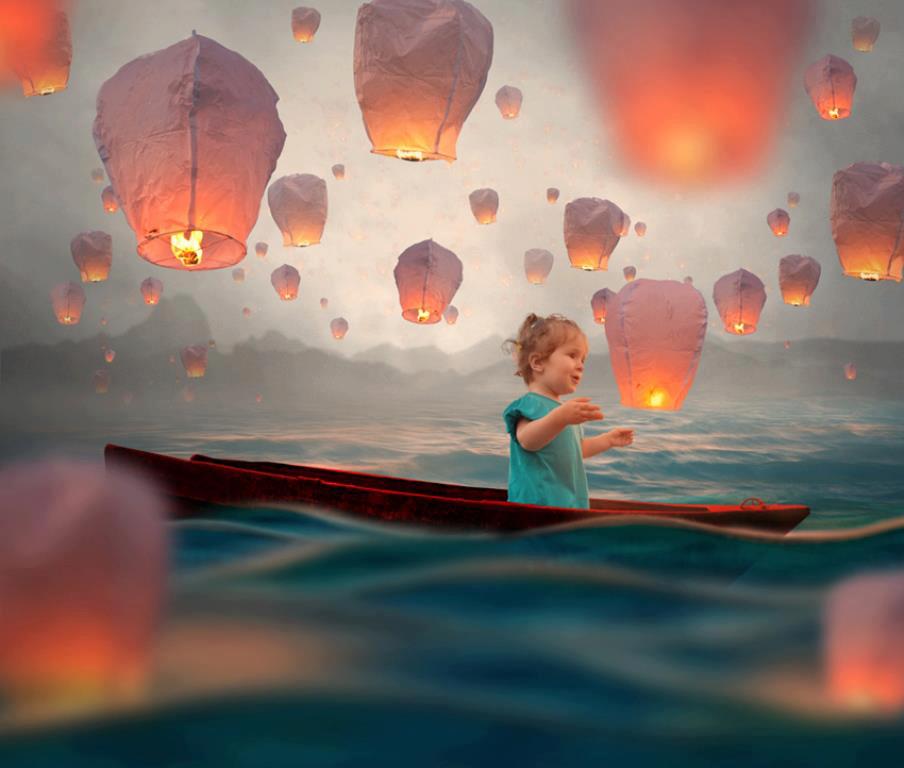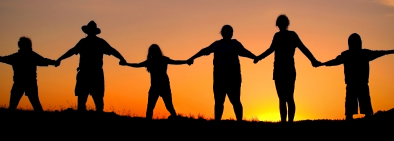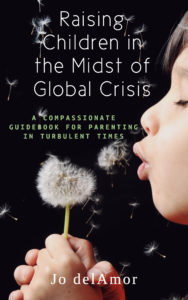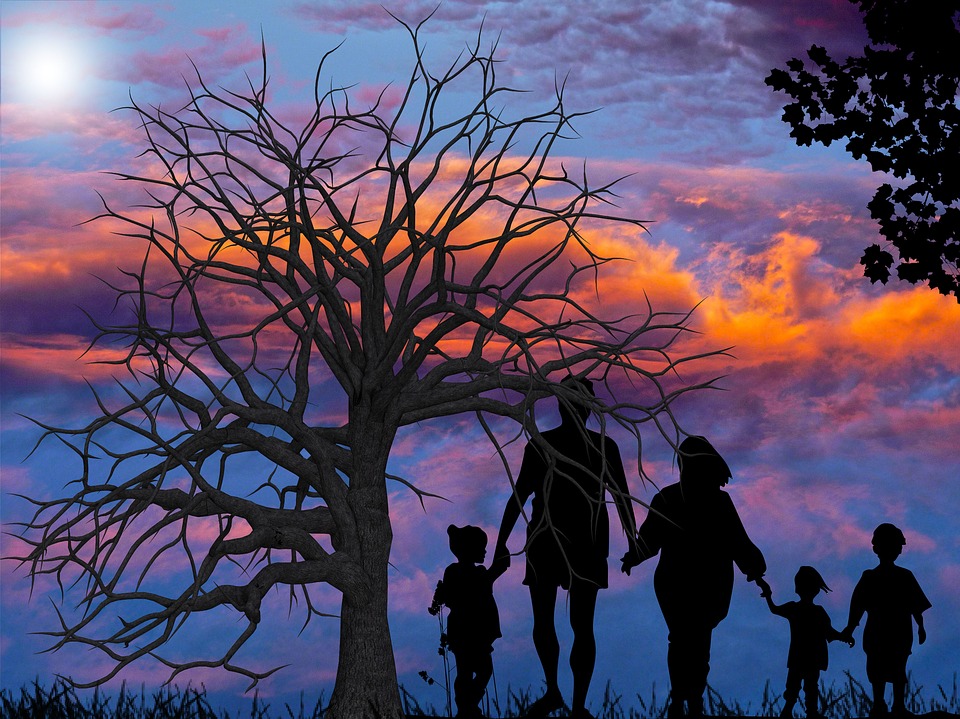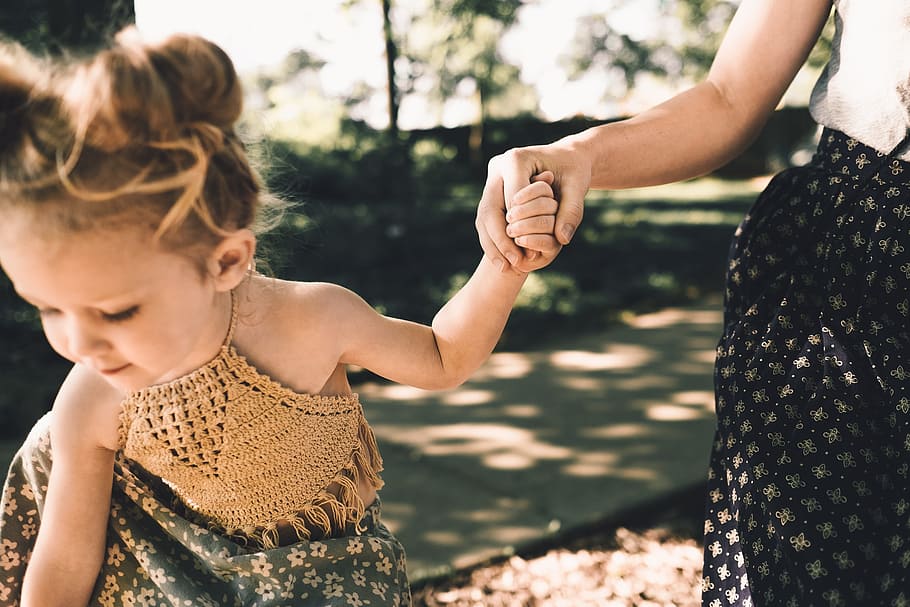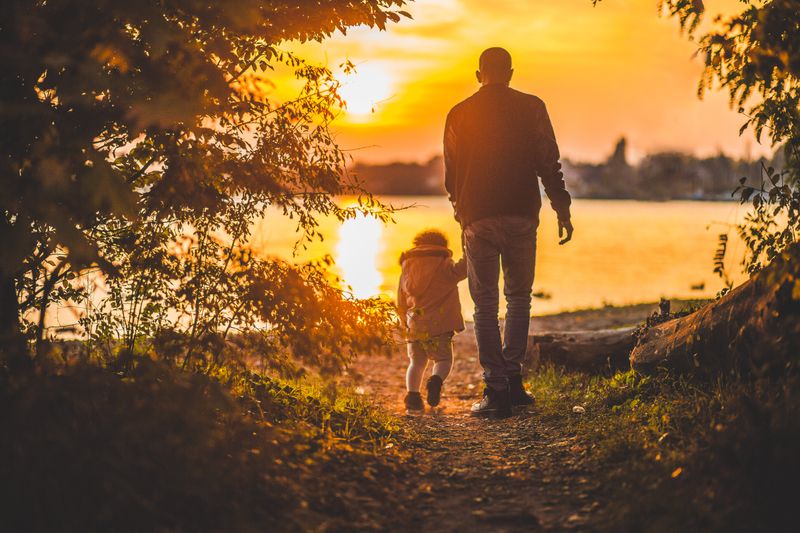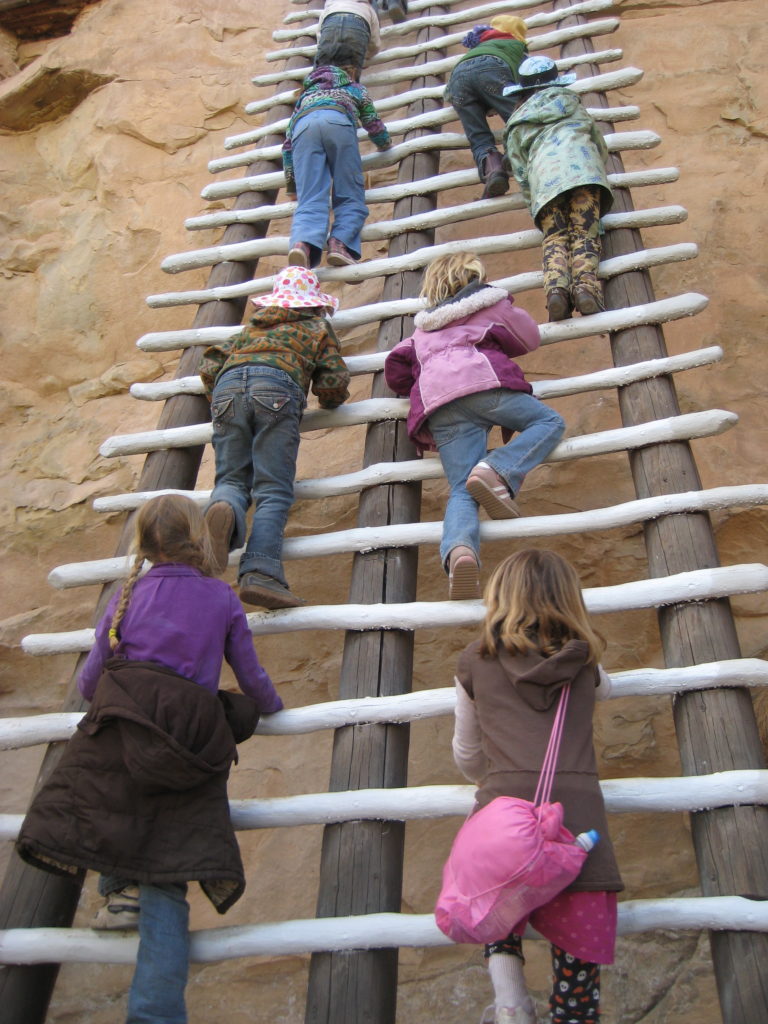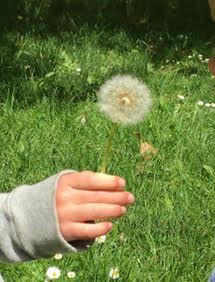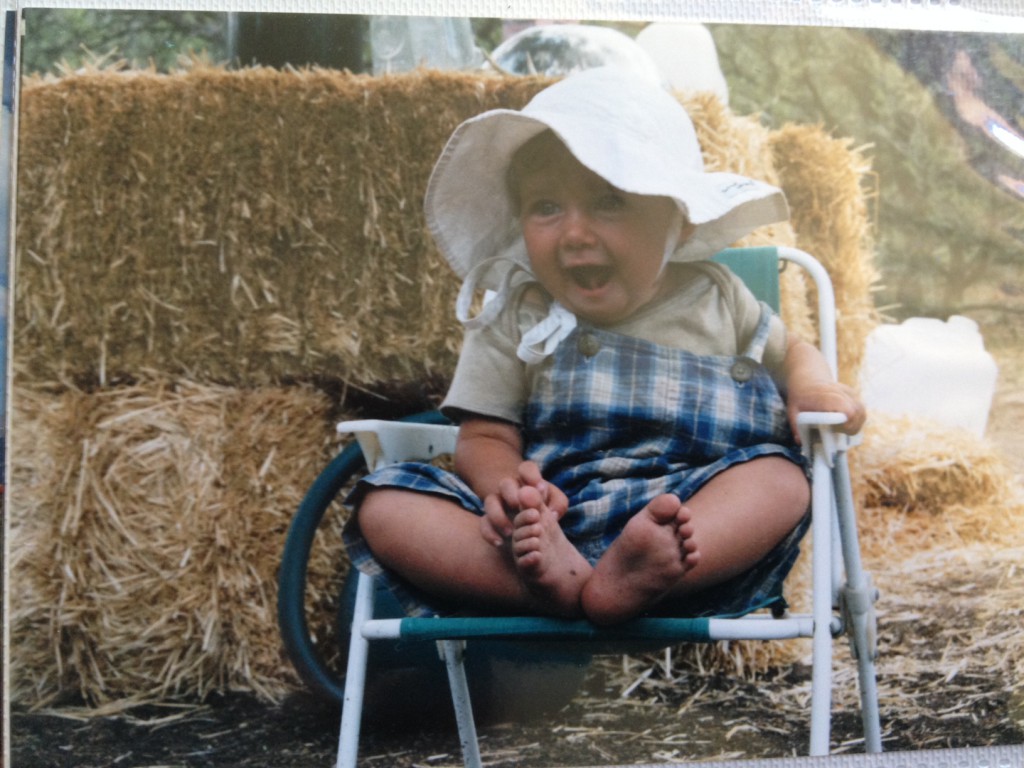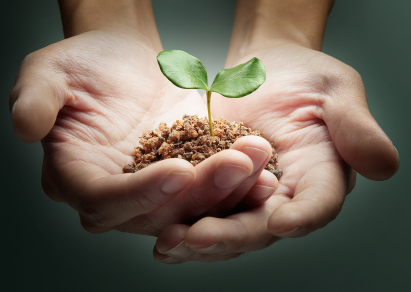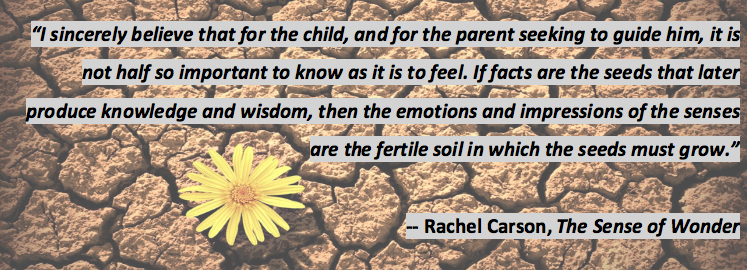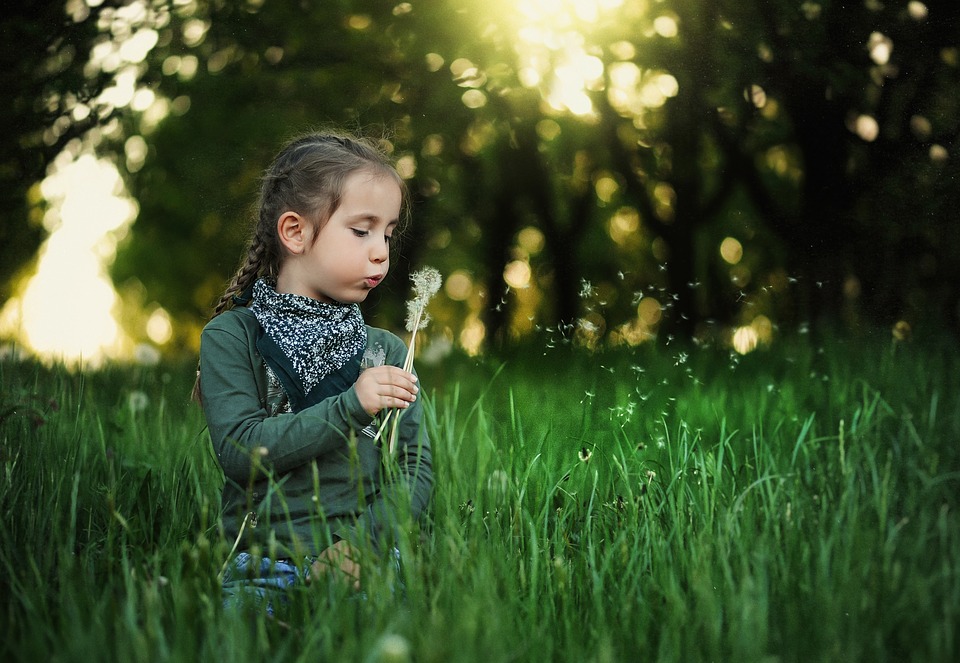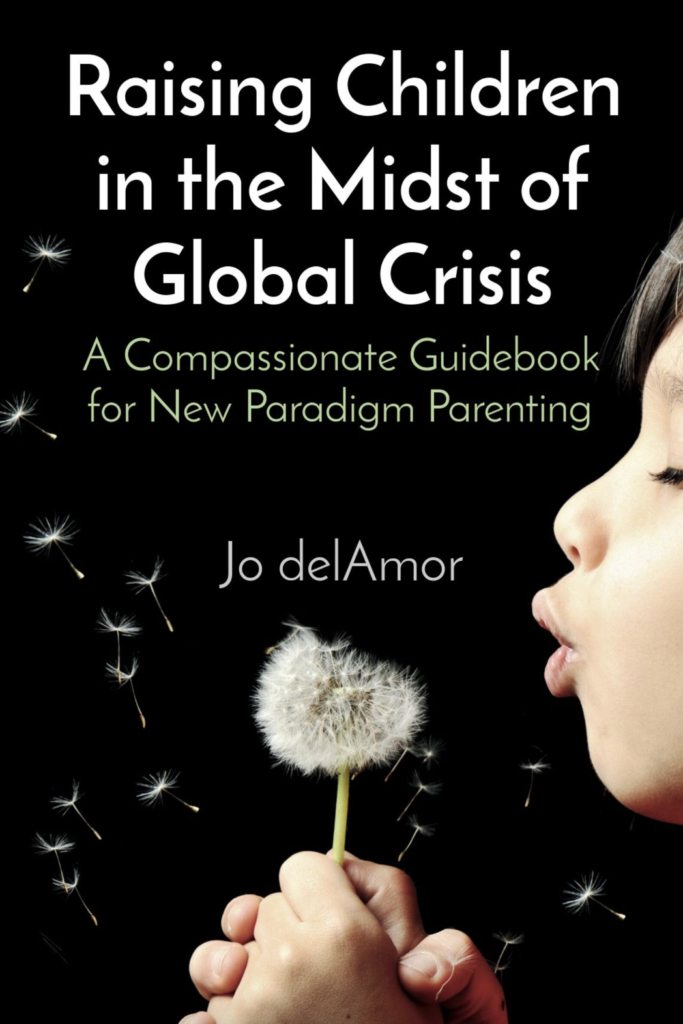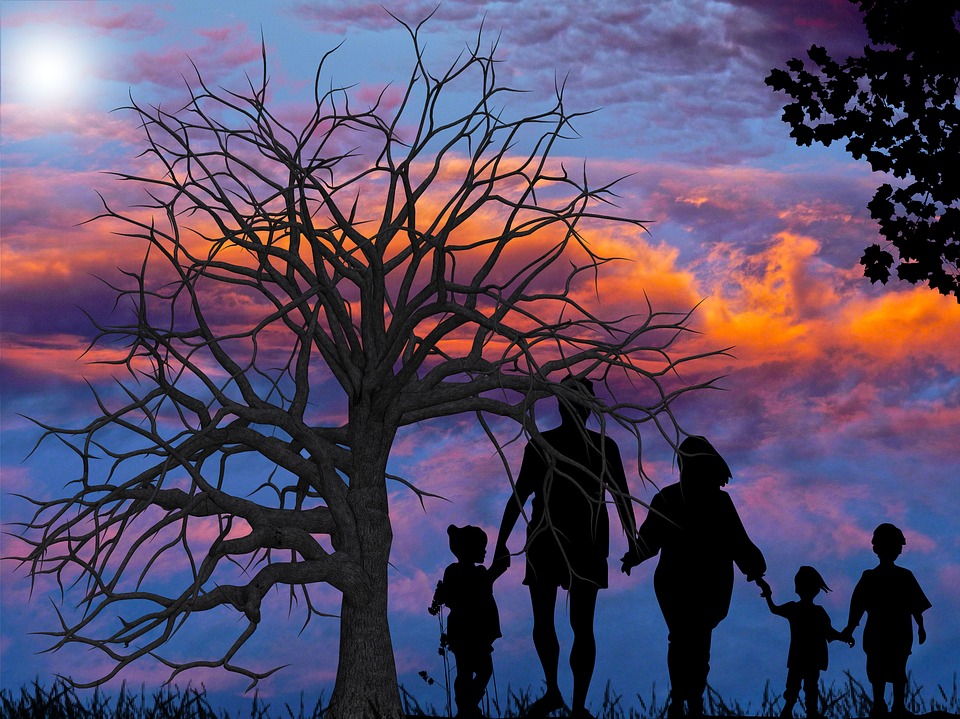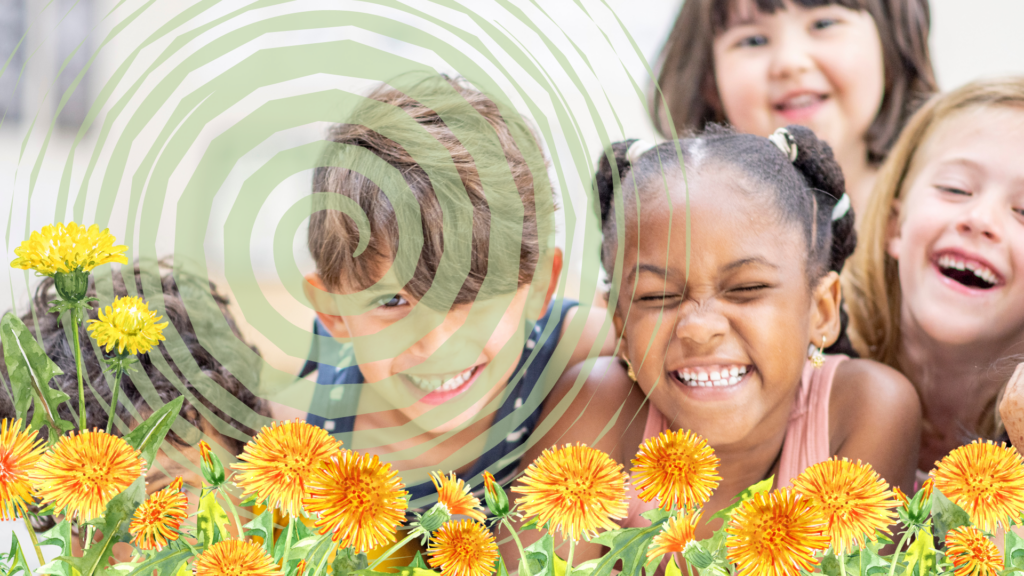As I returned home from my seven week journey around the western part of Turtle Island, my heart and mind were full to the brim with all the beauty, love and connection I experienced, swirling together with the unfolding and impending horror that’s being unleashed by the new “administration” of these United States.
I set out on my travels in early January 2025, just before the US presidential inauguration. I visited seven different communities in Colorado, California and Oregon, facilitating the Work That Reconnects for parents and holding tender space for the complexity of raising children in these tumultuous times. The final stop on my journey (and the real purpose for the whole trip in the first place) was to spend a week taking care of my own young adult transgender child during his recovery period after gender affirming top surgery.

Each week, as I traveled from town to town, the news from Washington got more and more disturbing, as the new posse in the White House set out to tear apart the democratic standards, civil rights and environmental protections that generations of Americans have struggled to achieve. They recklessly slashed funding, programs and jobs, while dispensing a maelstrom of rash and dramatic executive orders, policies and decrees. Hundreds of words were flagged for possible removal from government use for being too “woke”– words like “female,” “equality,” “racial,” “social justice,” and “environmental justice.” Government agencies were ordered to remove, cancel and reverse programs and policies designed to support Diversity Equity and Inclusion (DEI) and to erase any acknowledgement of or support for transgender people.
** Of course, this is all still happening and getting worse by the day…I’m just writing in past tense as I recall the first weeks of this torrent while I was traveling. **
Each person I encountered along the way was left reeling and grappling with the question…what do we do in response to this utter insanity?
Lots of emotions flooded into our connections and conversations. Fear of rising fascism. Outrage over the loss of protections for all the people and land that’s at risk under the white hetero-normative-partriarchal oligarchy. Grief over the very real suffering that these decisions are causing and will continue to cause. These sweeping changes are touching everyone and every place – across the US and beyond. The stakes are high and they keep getting higher as the concentration of wealth and power is being dangerously wielded by a few dysregulated men who have no concern for or understanding of the preciousness of Life.
In the midst of all this turmoil, I felt deeply blessed to be on the road, having in-person connections and conversations with parents, elders, teens and young adults as we grappled with this question together. I was so grateful that, instead of scrolling through our social media feeds and having to squeeze all that emotion into an emoji or a short typed out comment, we got to sit together and share freely and deeply – exploring the nuances between the polarized agendas, drinking tea, crying, laughing, looking into each other’s eyes, feeling our inescapable mutuality in this complex reality.
Showing up for each other in this way is one of the most essential things that’s needed right now. Being together in real presence. Sharing in our humanity together – in our yearnings, our love, our fear and pain, our creativity and resilience, our inspiration and vision. Helping each other remember and care for the preciousness of Life. Being vulnerable and real with each other. Being uncomfortable and meeting each other where we’re at. Being with it all. Off the screens. In real life.
I’ve noticed that these skills have severely atrophied since social media and smartphones have become so prevalent (and more intensely so since COVID). Many of the people I visited expressed feeling isolated in their own communities, not really having time or inclination to connect with people in person. Even friends that live nearby each other don’t see each other often or engage in the real work of wrestling with the complexity of the moment together. In general, people are busy trying to manage the details of their own lives within the pressures of modern capitalism and try to avoid the touchy subjects and unanswerable questions.
It’s common to be overwhelmed by the atrocities of modernity and to withdraw into ourselves. This tendency to pull away from each other is both a consequence of and a design feature of the larger formula that’s playing out and causing the insanity of our new regime. It’s actually nothing new. It is deeply rooted in the perennial collective wounds of the last several generations of ongoing war, patriarchy, colonization and imperialism that have harmed each of our lineages in myriad ways. Facing this moment with honesty is intensely triggering for nearly all of us. It can easily send us spinning out into fear and despair. It can cause us to pull away into isolation or try to escape through some forms of denial and bypassing. Or, it can pull us into the fight, amping up our adrenaline and fueling the fires of hatred in our hearts. Often, it stops us dead in our tracks, leaving us stunned and paralyzed, unable to respond…or even really think and feel clearly.
But, for the sake of Life, our children and everything sacred in this blessed world, we can’t let it hook us and conquer us in these ways.
As ecocidal megalomaniacs try to pit us against each other and drag us into battling on their terms, we’ve got to turn towards each other and the sacred Earth while strengthening our ability to be in the struggle and the joy of living together – in all its complexity. We have to go deep and spread out – like grass or mycelium – braiding our roots together to cultivate community and strengthen our relationships with our fellow humans and the rest of our relatives in the web of Life. We have to become rooted and resilient in the aliveness of our relationship with Life. We have to see and cherish the beauty and the magic in our living world, respond to it and contribute to it with our love and our grief. We have to intentionally rebuild our capacity to be with Life and to care for Life, repairing the deep and painful rifts that have been caused by centuries of colonialism, displacement and war. We have to reconnect.
This is big work. It’s deep, subtle and transformative work. It is the Work That Reconnects.
In Part 2 of Report from the Road During a Regime Change, I’ll tell you all about the Work That Reconnects experiences I facilitated for parents during my travels.


